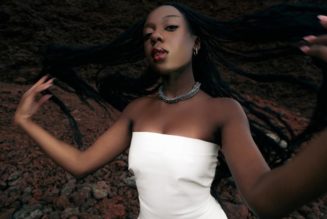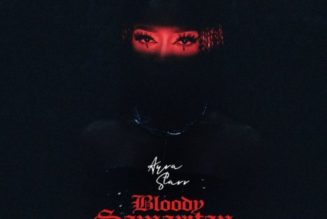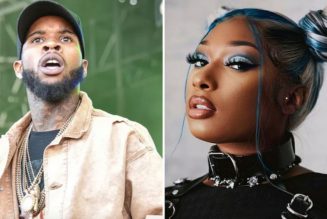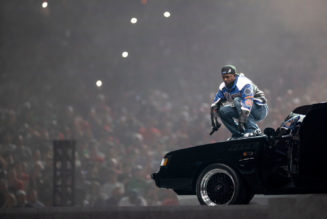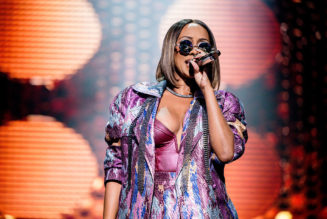Justin Edet, a Nigerian music producer narrates
Making music videos is an exciting and creative process.
In Nigeria, music videos have gained popularity for their incorporation of organic instruments and unique sound.
When an artist approaches us with their music, we begin by understanding their inspiration and message.
Some artists have a clear vision, while others rely on our expertise. We consider the perspectives of the director, artist, and audience when discussing the video concept.
After reading the lyrics and understanding the artist’s goals, we decide whether the video should focus on dance steps or whether it should have a complex storyline.
If the artist wants people to dance and enjoy themselves, we create catchy dance steps and a joyful atmosphere.
For artists wanting to tell a story, we aim to create a self-explanatory video that can be understood even without the music.
Video quality
Video quality is essential, encompassing both content and visual presentation. We choose between creating a montage or a short film. Montages entertain viewers through synchronized visuals, while short films tell cohesive stories. Regardless of the approach, our goal is to entertain and educate the audience.
Budget constraints previously limited our creative options, but with increased funding, artistes can bring their visions to life. This support has created more opportunities, generating jobs and boosting the music video sector’s growth.
To produce a music video, we follow a systematic approach.
We start with a treatment outlining the end product, then we create storyboards and lastly gather the necessary props and equipment.
Location scouting is crucial, as well as hiring professional dancers, choreographers, stylists, makeup artists, and designers.
As the director, I oversee the production and collaborate with the crew to maintain the desired quality.
Collabos
Collaborative video production can vary when artists from different countries collaborate. Sometimes artistes film their parts separately due to scheduling constraints, while in other times, the whole crew travels to a specific location to shoot the video together. Regardless, the final video needs to convey unity and collaboration.
After filming, the sound engineer ensures audio matches the visuals seamlessly.
Promoting music videos has shifted, with TV stations actively seeking engaging content and social media platforms playing a significant role.
Artistes own the rights to their content, while directors receive credit and exposure.
Creating a unique music video is crucial to stand out in today’s fast-paced world.
Africans take pride in showcasing their own content, often using the streets of African cities like Lagos as backdrops.
In conclusion, making music videos involves a collaborative effort between artistes, directors, and a talented crew.
The process includes conceptualizing the video, ensuring high-quality production, and leveraging social media for promotion.
African music videos are gaining international recognition, creating opportunities for artists and professionals alike.
– The interview with Africa Renewal’s Kingsley Ighobor is edited for brevity.


